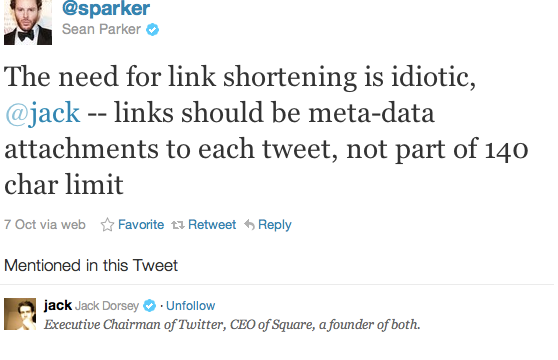Twitter’s Opportunity as an Identity Platform

Facebook has largely won the war of the online identity platform, however identity online creates big markets and there are still large openings for a secondary mainstream player and probably several vertical players.
Twitter, LinkedIn, Google and About.me are all credible competitors for the secondary mainstream spot. While Twitter may not have the scale of Google (Gmail/Youtube/Google+), it has a unique asset that could give it an edge.
The @name is a big advantage.
@names are actually the most compelling asset Twitter has in the online identity space.
That last point is critical, especially the offline component. We’ve seen this get some traction in early adopter communities, but if this behavior jumps into a significant portion of the mainstream Twitter will have a really valuable position.
Twitter also has the unique case of having celebrities and pop-culture heroes who they can coach into using preferred language through education and relationships, this could help spread the concept.
Worthy of Note: Google Plus is trying to emulate this with the + sign, but Google+ will have to break considerably farther into the mainstream before people know what you mean when you say “I’m plus tylerwillis.”





